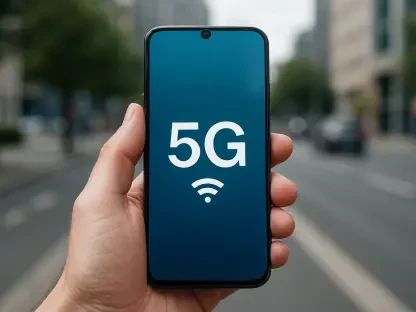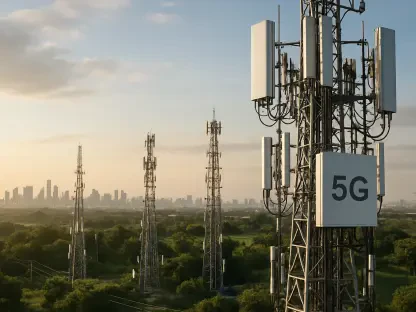UScellular has made a strategic decision to sell its wireless assets to T-Mobile amidst financial challenges and a shrinking customer base. The company reported a loss of 38,000 postpaid phone customers in the first quarter, marking a persistent decline slightly better than the previous year. Service revenues slipped 2% year-over-year, which CEO Laurent Therivel attributed to the company’s insufficient size and scale, limiting their ability to sustain high promotional expenses and growth investments. Despite facing opposition from consumer advocacy groups worried about competition and employment, UScellular is moving forward with the sale to T-Mobile for $4.4 billion, involving 4 million customers.
The sale is driven by mounting competition from cable operators expanding into rural markets through MVNO deals with major carriers. This transition is designed to reduce competitive pressures, but only half of UScellular’s workforce is expected to join T-Mobile, with severance packages available for those not transitioning. Moreover, $100 million of the purchase price depends on performance metrics that UScellular is unlikely to meet, effectively lowering the deal value to $4.3 billion.
On the bright side, UScellular anticipates growth in its tower business, boasting a 6% rise in rental revenue year-over-year. With a portfolio of 4,413 unique towers, the company shifted from third-party sales to in-house management, essential for carriers expanding 5G networks. Additionally, TDS, the parent company, reported adding 14,000 new fiber service addresses, reinforcing its annual fiber expansion goals. This highlights the ongoing balance between operational costs, competition, and strategic shifts, while noting positive outcomes in tower management.









